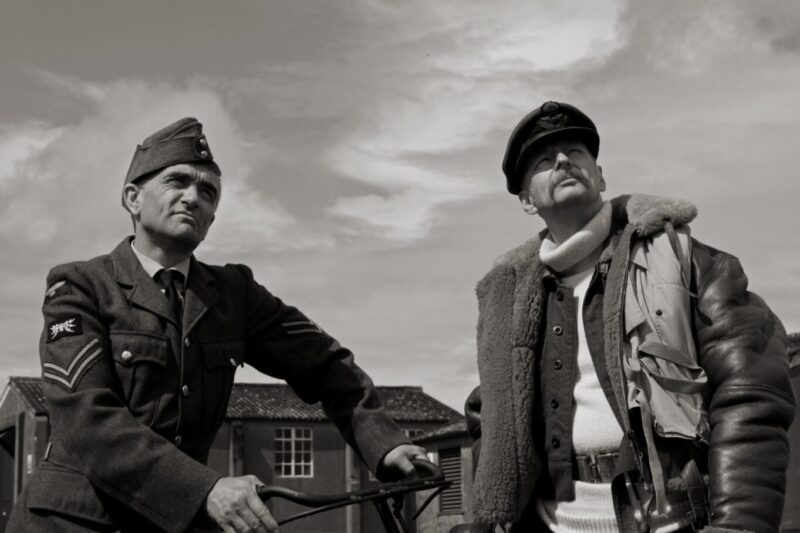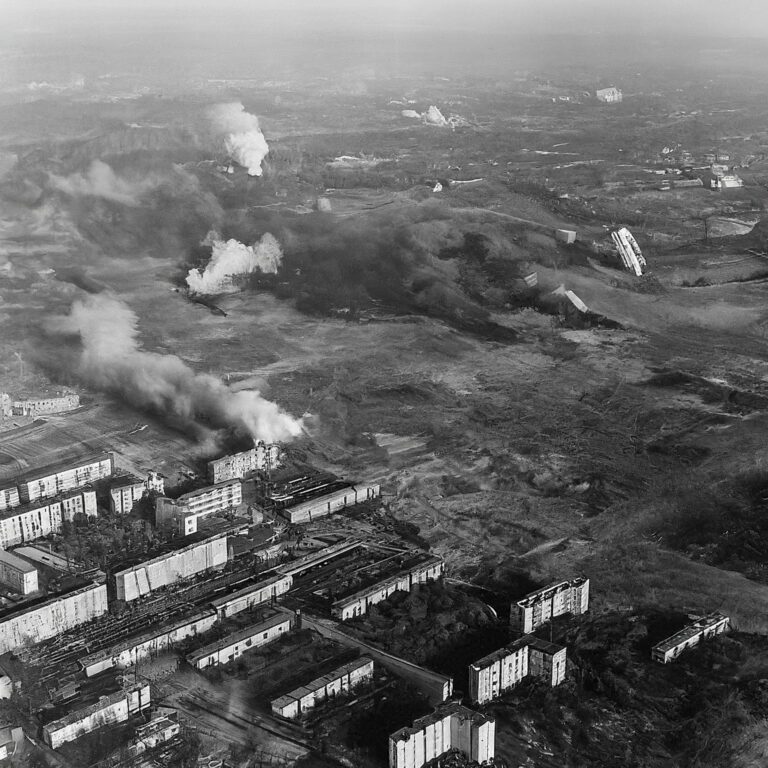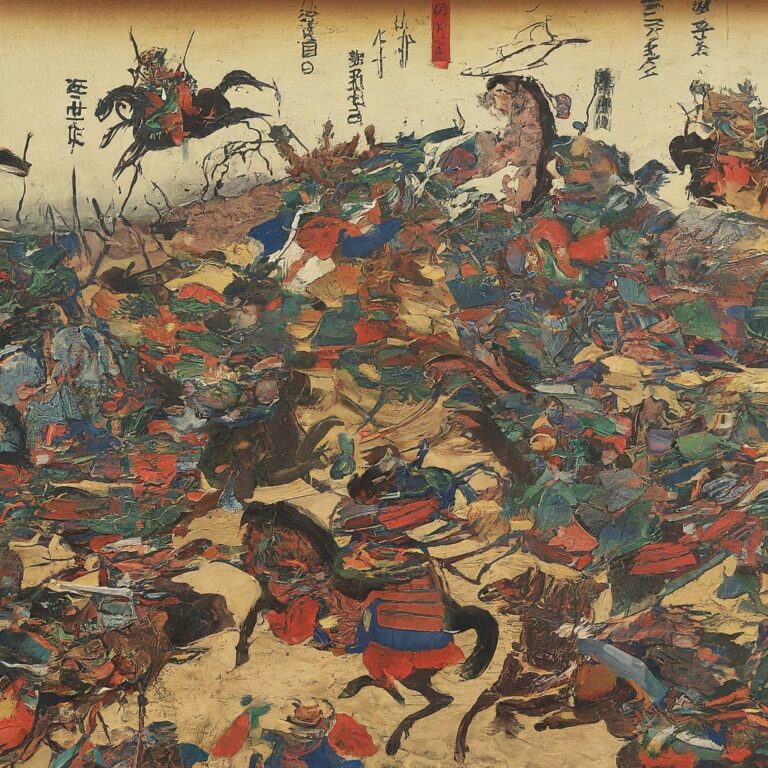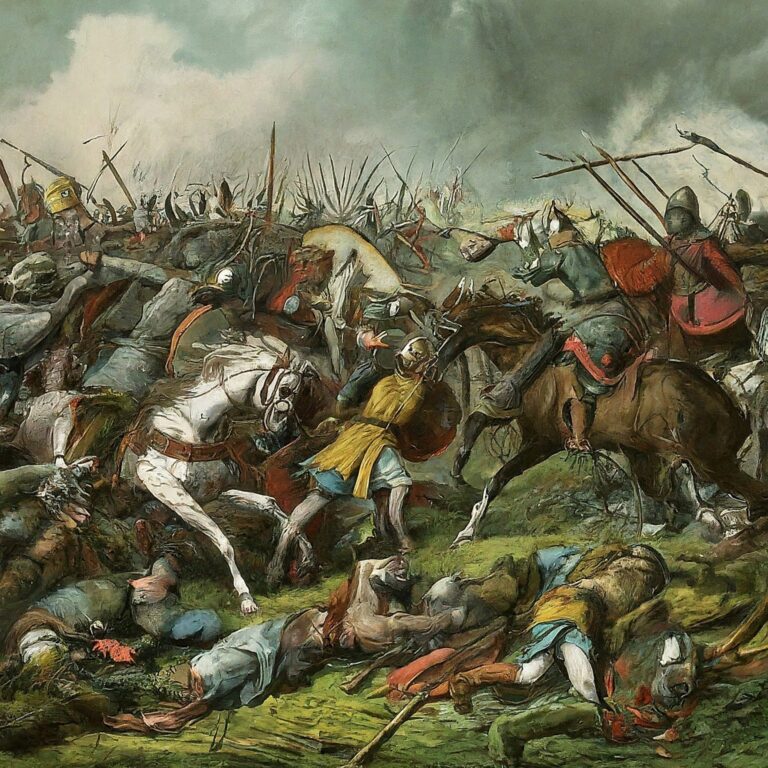The Battle of Britain, fought between July 10 and October 31, 1940, was a defining confrontation in World War II. It pitted the British Royal Air Force (RAF) against the German Luftwaffe in a fierce struggle for air superiority. After the fall of France, Britain stood as the sole major European power resisting Nazi Germany. The Luftwaffe’s objective was to cripple the RAF and pave the way for a planned invasion, Operation Sea Lion.
The battle began with smaller skirmishes and raids, escalating in August to large-scale assaults targeting British radar stations, airfields, and fighter command centers. Despite being outnumbered, the RAF, utilizing effective radar technology and the skill of its pilots, managed to fend off the German attacks. The Luftwaffe’s shift to bombing British cities, known as the Blitz, aimed to demoralize the public and disrupt production, but the resilience of both the RAF and the British people proved crucial.
The failure of the Luftwaffe to achieve air superiority was a significant setback for Germany, effectively thwarting their invasion plans. This victory was a major morale boost for the Allies and showcased the importance of air power in modern warfare. It also highlighted the effectiveness of new technologies and tactics that would influence future conflicts. The Battle of Britain thus stands as a powerful symbol of determination and strategic success, playing a crucial role in the eventual Allied victory in World War II.



